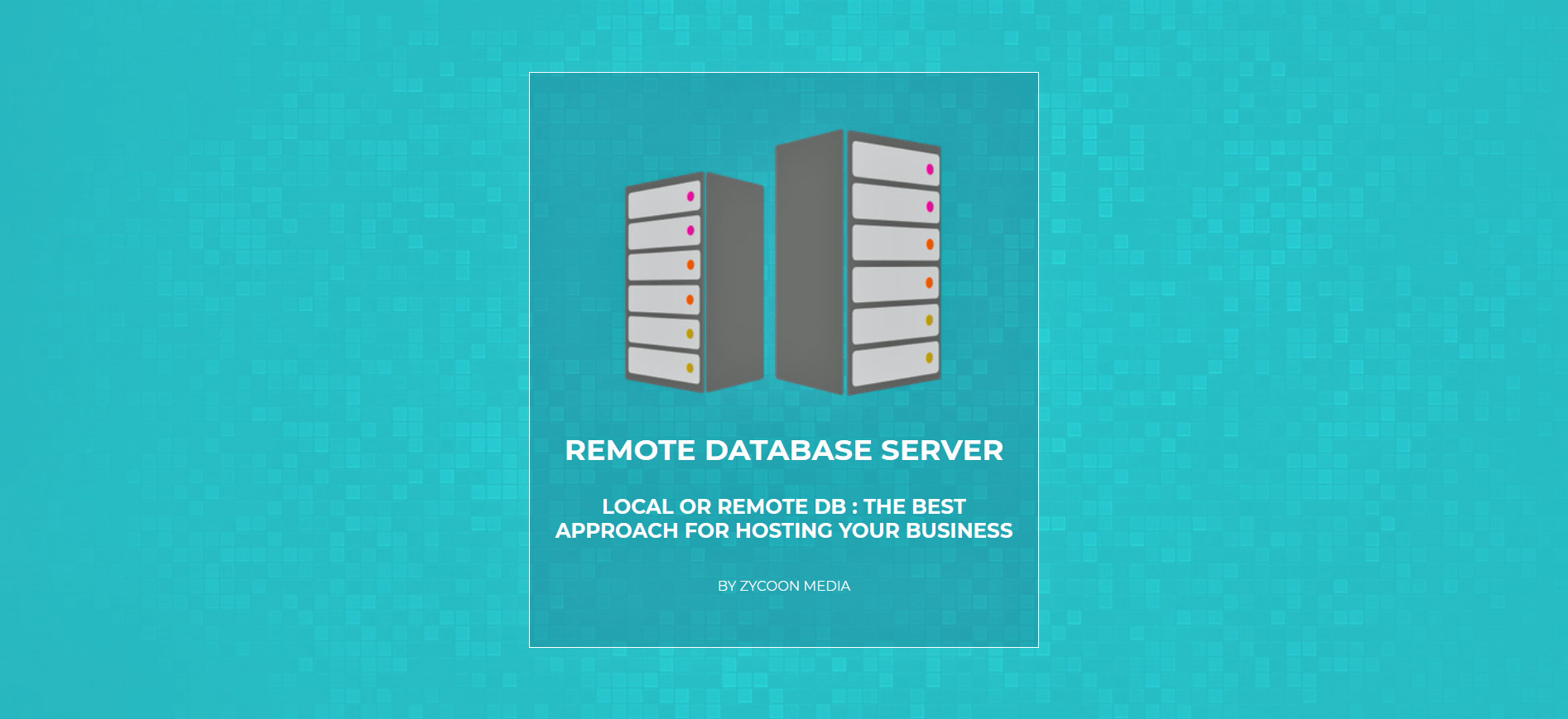Any business who has a dynamic website is using a database to serve the requests. A database can be file based which bypasses the need for a server process to handle the data handling but that is usually not the case with most popular systems being used in the market. With PHP based development dominating most of the market and a combination of PHP/MySQL being used to create web applications to serve the www market, a server process is involved which in case of MySQL will be a MySQL server process.
In a usual server environment, a single server is able to locally host both the programming language processing and database query requests processing, which is a cost effective way for usual small business owners to build their online presence. We call such a system being a local database server one and, while many businesses do rely on local DB for connecting to their programming language, some businesses do find using a dedicated remote machine to serve database requests. The question here is, how and why and doe sit really help with improving the website user experience or does it help with management of database if stored on a different machine.

